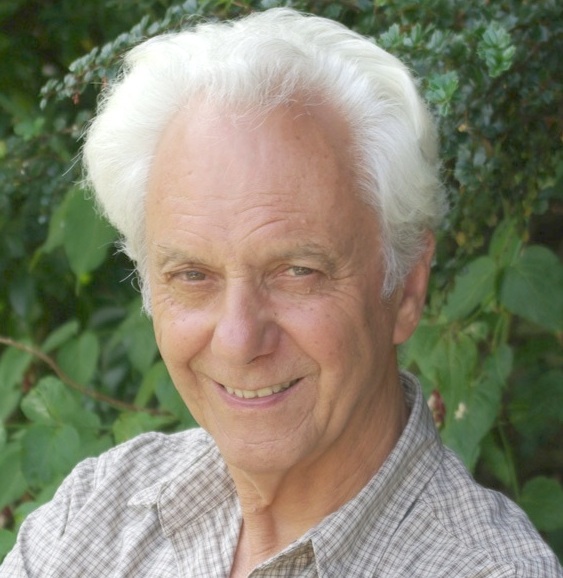CS Colloquium Series @ UCY
Department of Computer Science - University of Cyprus
The Department of Computer Science at the University of Cyprus holds research colloquiums and social hours approximately once weekly. All university students, faculty, and staff are invited to attend. Notifications about new and upcoming events are automatically disseminated to a variety of institutional lists.
If you don't receive these notifications, but want to get informed about upcoming colloquium announcements, you can do the following:
Colloquium Coordinator: Demetris Zeinalipour
Colloquium: Programming Robotic Agents: A Multi-tasking Teleo-Reactive Approach, Prof. Keith L. Clark (University of London, UK and University of Queensland, Australia), Monday, November 2, 2015, 12:00-13:00 EET.
The Department of Computer Science at the University of Cyprus cordially invites you to the Colloquium entitled:
Programming Robotic Agents: A Multi-tasking Teleo-Reactive Approach
 |
Speaker: Prof. Keith L. Clark |
Abstract:
We present a multi-threaded/multi-tasking message communicating robotic agent architecture in which the concurrently executing tasks are programmed in TeleoR, a major extension of Nilsson’s Teleo-Reactive Procedures (TR)
guard ~> action
rule language for robotic agents (see http://teleoreactiveprograms.net)
The rule guards query rapidly changing percept facts, and more slowly changing told and remembered facts in the agent’s deductive BeliefStore, using fixed facts, relation and function rules which are the agent’s declarative knowledge. The TR procedures are its behavioural knowledge. TR operational semantics makes the language well suited to robot/robot or human/robot co-operative tasks.
TeleoR extends TR in:
being typed and higher order,
having a typed higher order LP/FP language, QuLog, for encoding
declarative knowledge,
having extra forms of rules and actions for concisely expressing improved
behavioural knowledge,
having task atomic procedures to encoding in a high level way the sharing
of multiple robotic resources by an agent engaged in several concurrently executed tasks.
Its multi-tasking use is illustrated in the simulation video at http://youtu.be/f81U0iHNzB0 in which one agent alternates the use of two robotic arms to concurrently build four towers of blocks with help or hindrance. The declarative and behavioural knowledge of that agent will be introduced.
TeleoR is being used at UNSW to control a Baxter robot working with a person concurrently engaged in several assembly tasks. The video https://goo.gl/gdJjxX shows essentially the same TeleoR program of the simulation being used to control the Baxter via ROS.
Short Bio:
Keith Leonard Clark is a Honorary Visiting Professor at Royal Holloway, University of London, England and a Visiting Professor at University of Queensland, Australia. Clark's key contributions have been in the field of logic programming. His 1978 paper on negation as failure was arguably the first formalisation of a non-monotonic logic. His 1981 paper on a relational language for parallel programming introduced concurrent logic programming. In 1980, he co-founded an Imperial College spin-off company, Logic Programming Associates, to develop and market Prolog systems for micro-computers (micro-Prolog) and to provide consultancy on expert systems and rule based applications. More recently, Clark has been working on the April and Go! programming languages and their application to agent programming. More Info: http://www.doc.ic.ac.uk/~klc/
Note:
Additional talk by Prof. Keith L. Clark: "Engineering Agent Applications in QuLog", Wednesday, November 4th between 14:00-15:00, Room #148, New Campus, University of Cyprus. Talk abstract: https://www.cs.ucy.ac.cy/colloquium/abstracts/2015-Clark-QulogTutorial.pdf
Multimedia File Available:![]() Multimedia File
Multimedia File
Sponsor: The CS Colloquium Series is supported by a generous donation from  |